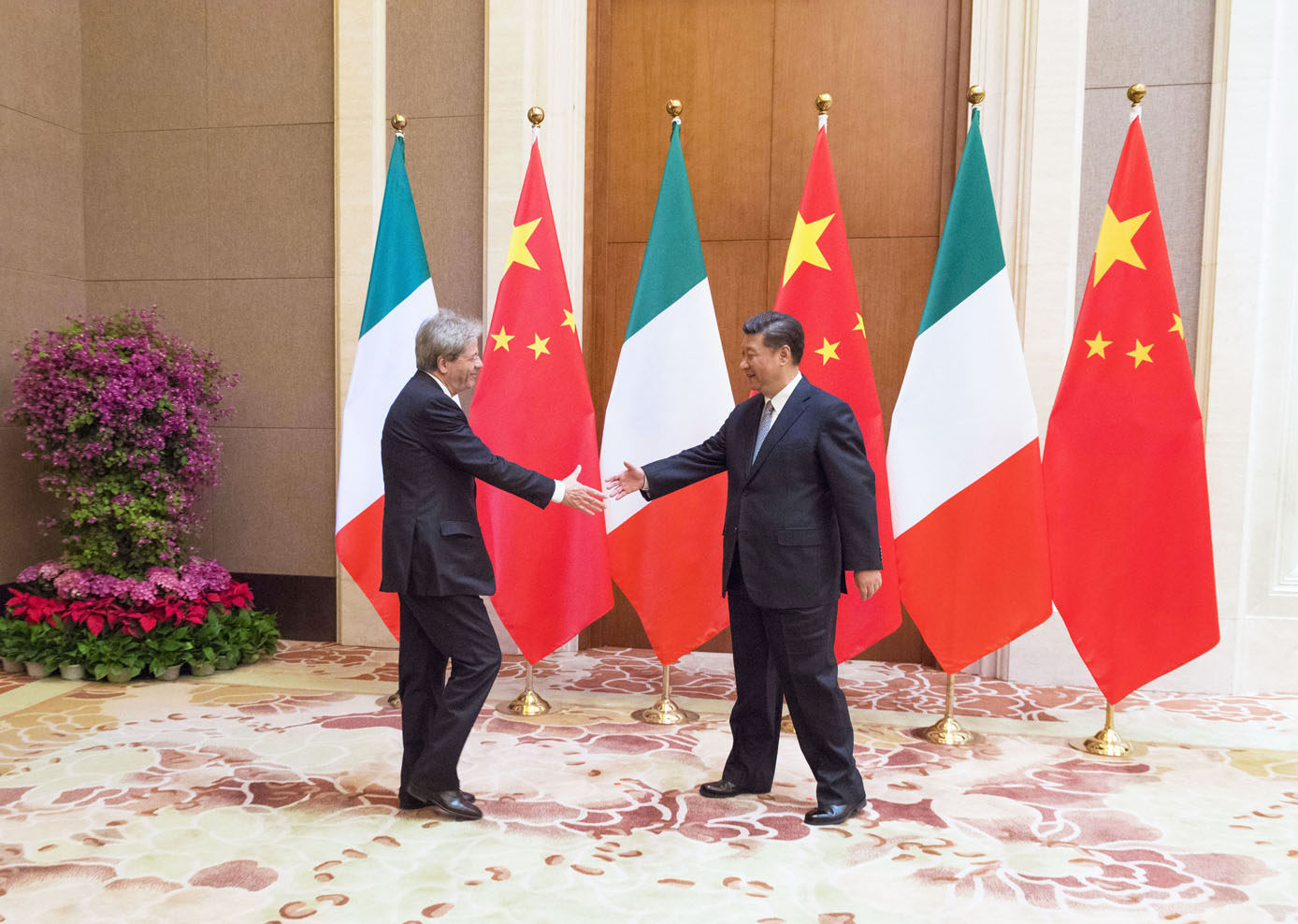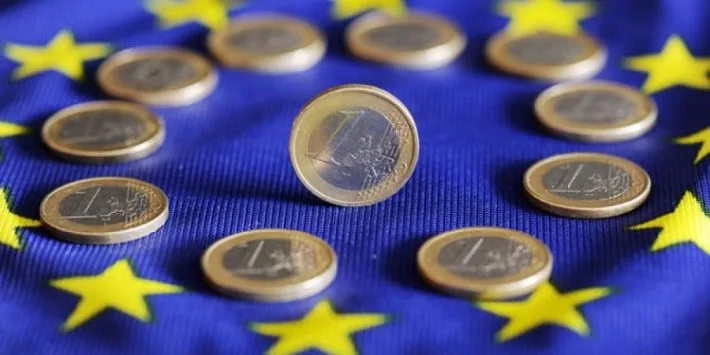Rome – “The negotiation between China and the European Union is laborious,” and the relationships between Beijing and Brussels “cannot be solved with a magic wand.” At the end of his visit in China, the President of the Council of Ministers, Paolo Gentiloni, doesn’t hide the difficulties in the relations with the Communist regime, which seeks to be recognized as a market economy. Still, this recognition is part of a “rather complex dynamic,” in which the EU chose “not to tackle the issue but to dilute it in a more general decision on anti-dumping criteria.” This can be interpreted by China as a confirmation of “difficulties or as a step forward,” but “certainly is not a step back,” the premier added, sure that there are “areas to be protected,” but this must not prevent from “significantly seeing the trade relations between the EU and China.”
The debate is still complicated, then, but for the tenant of Palazzo Chigi there is an element that can act as a “bridge” to foster closer relationships: the Chinese project ‘One belt one road’, that is a series of investments to realize a “New Silk Road” that favours international trade. A strategy that, with regard to Italy, has resulted in an agreement for the setting up of a 100-milion euro fund for small and medium-sized enterprises, and in a manifestation of interest from Beijing to invest in the development of the ports in Venice and Genova as hubs – “not as an alternative to the port of Piraeus,” Gentiloni added – capable to connect trade relationships with the European motorway network.
For the Chief of the Italian Government, this “New Silk Road” has not only an economic scope, but “has a political significance” as well. On its own, “it won’t cancel the difficulties in the relationships” between the EU and China, but “it is a sign that in today’s world,” characterized by the push for a return to protectionism, “goes in the right direction.”











